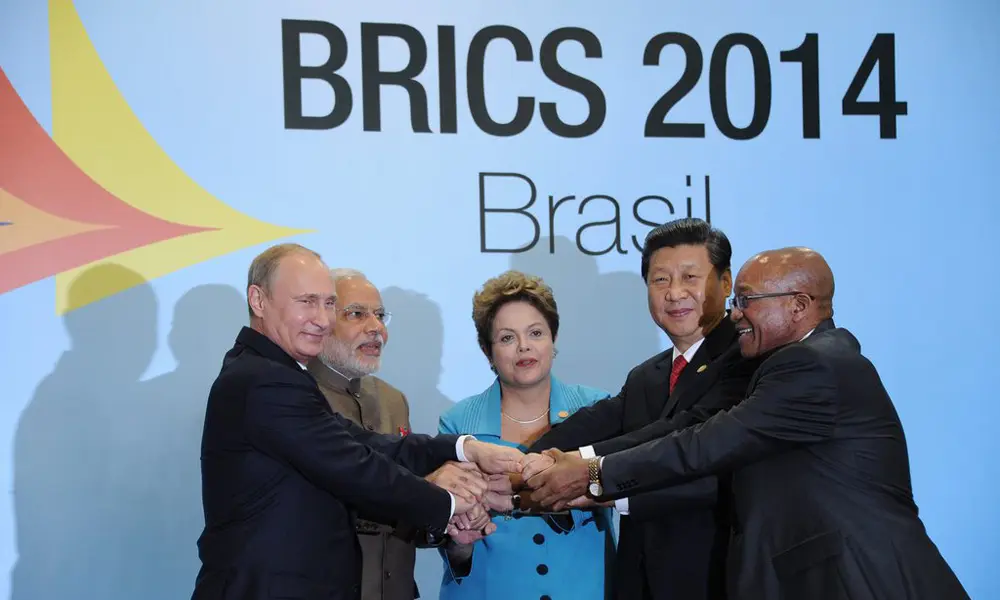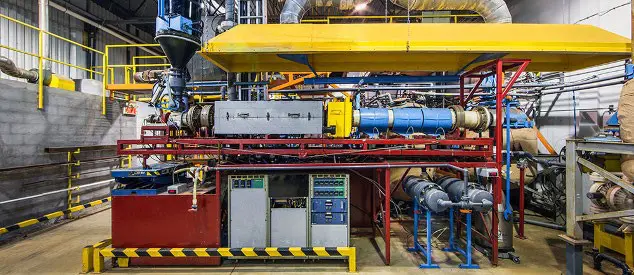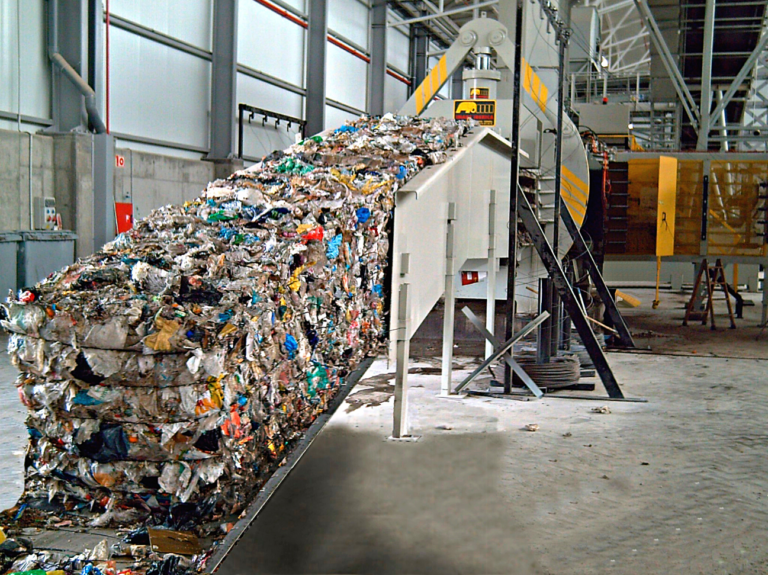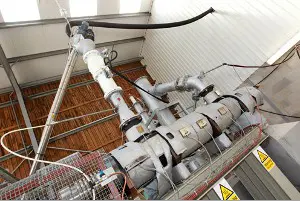
LONDON: A new US$100 billion development bank and emergency reserve fund will be established by the BRICS countries, whose leaders made the pledge at their annual diplomatic summit.
The BRICS alliance, which is made up of Brazil, Russia, India, China and South Africa, stated a commitment to provide financial support to sustainable development initiatives and infrastructure projects, at the sixth BRICs Summit which was held in Fortaleza, Brazil, yesterday.
In addition, an emergency reserve fund, officially known as the Contingent Reserve Arrangement, will use US$100 billion to “forestall short-term liquidity pressures, promote further BRICS cooperation, strengthen the global financial safety net and complement existing international arrangements”.
All five countries will contribute to providing the initial capital of US$50 billion for the New Development Bank (NDB), but it has been agreed the first head will hail from India, with headquarters for this scheme based in Shanghai, China.
In the Fortaleza Declaration, which was released at the Summit, the superpowers emphasized “renewable and clean energy, research and development of new technologies and energy efficiency, can constitute an important driver to promote sustainable development”, offering hope that the NDP will foster low carbon innovationin the developing world.
The leaders also recognized these initiatives “reduce energy costs and increase the efficiency in the use of natural resources” and have committed to continuing to drive the global adoption of renewable and clean energy.
“The declaration vindicates The Climate Group’s arguments that low carbon initiatives are not detrimental to rapid growth. A swift transition to a low carbon future holds the key to sustained equitable growth and development,” Krishnan Pallassana, Director of The Climate Group India observed.
“Perhaps, here lies the biggest opportunity for the New Development Bank, to address the emerging energy needs by purely investing in renewable energy, clean technology and low carbon initiatives, thereby helping to unleash a clean revolution to untap hidden resources and new markets. A highly focused effort by the NDB can help the world rapidly move towards a low carbon future,” the Director continued.
“I do hope NDB will not become yet another global institution, but a positive catalytic force to make the world economy progress and prosper towards a low carbon future.”





